New Zealand's Kawaiicon hacker conference has implemented a real-time, room-by-room carbon dioxide monitoring system to combat the spread of illness among attendees. The system, which was installed before the conference doors opened on November 6, allows attendees to check a public online dashboard for clean air readings in various areas of the Michael Fowler Centre venue. The DIY CO2 monitors were set up throughout the venue to provide a comprehensive view of air quality, with readings available for session rooms, kids areas, the front desk, and more.
According to Jeff Moss, founder of the Defcon and Black Hat security conferences, the move by Kawaiicon's organizers is a testament to the spirit of hacking. "It's almost like we are all nerds in a risk-based industry," Moss said in an interview with WIRED. "CO2 is being used as an approximation for so many things, but there are no easy, inexpensive network monitoring solutions available. Kawaiicon building something to do this is the true spirit of hacking."
The use of CO2 as a proxy for air quality is not new, but it has gained traction in recent years as a low-cost and non-invasive way to monitor indoor air quality. Elevated levels of CO2 can lead to reduced cognitive function, headaches, and other health issues, making it a critical factor in maintaining a healthy environment, particularly in crowded spaces like conference venues.
Kawaiicon's decision to implement the CO2 monitoring system is part of a broader effort to prioritize attendee health and well-being. The conference has a reputation for being a hub for the tech-savvy community, and organizers have taken steps to create a safe and healthy environment for attendees. By providing real-time air quality data, attendees can make informed decisions about their participation in the conference and take steps to mitigate the risk of illness.
The implementation of the CO2 monitoring system has also sparked interest in the tech community, with some experts hailing it as a innovative solution to a common problem. "It's a great example of how hacking and problem-solving can be applied to real-world issues," said a spokesperson for a leading tech firm. "We're excited to see how this technology can be adapted and scaled for use in other industries."
As the conference comes to a close, attendees and organizers alike are taking note of the success of the CO2 monitoring system. While it remains to be seen whether this technology will be adopted by other events and industries, it has already sparked a conversation about the importance of air quality and the role of technology in maintaining a healthy environment.
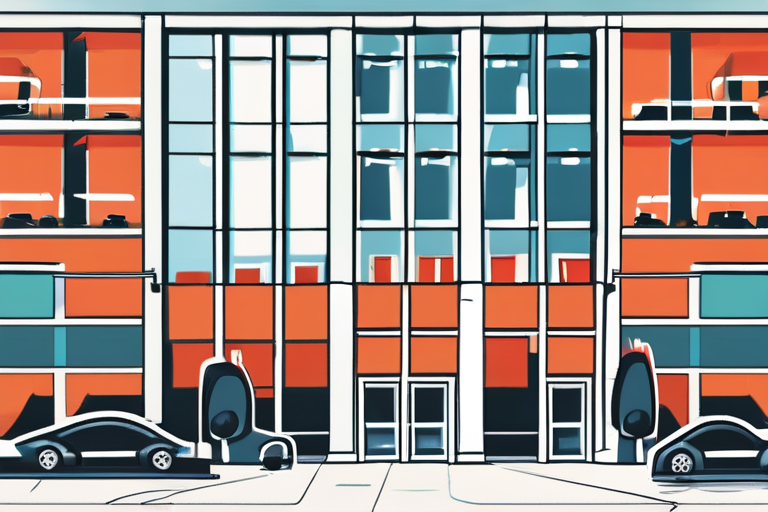


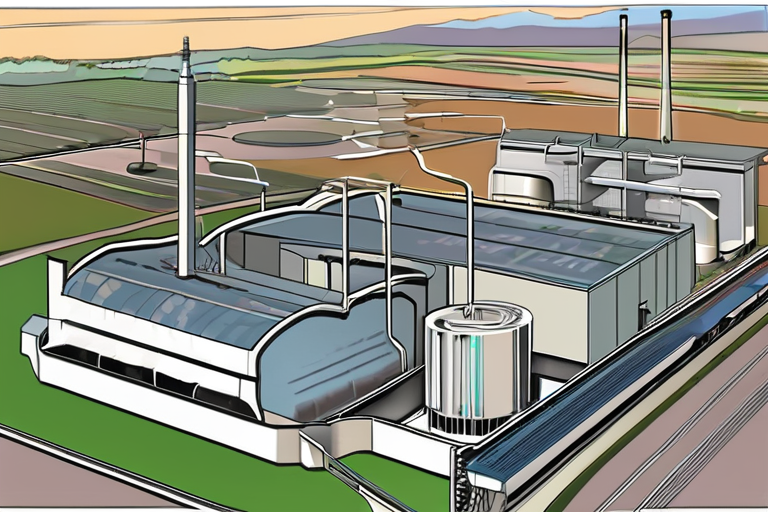
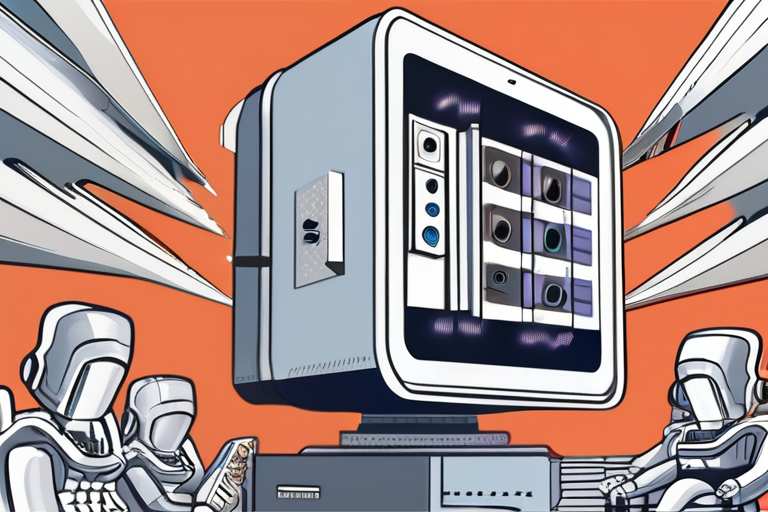
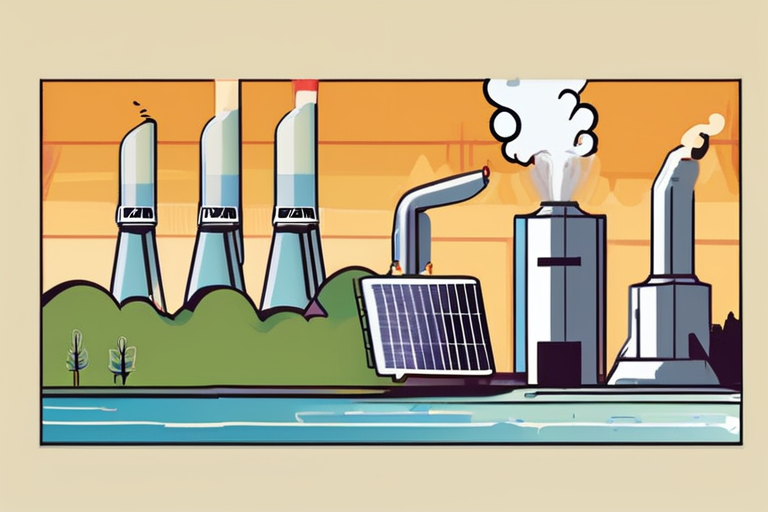


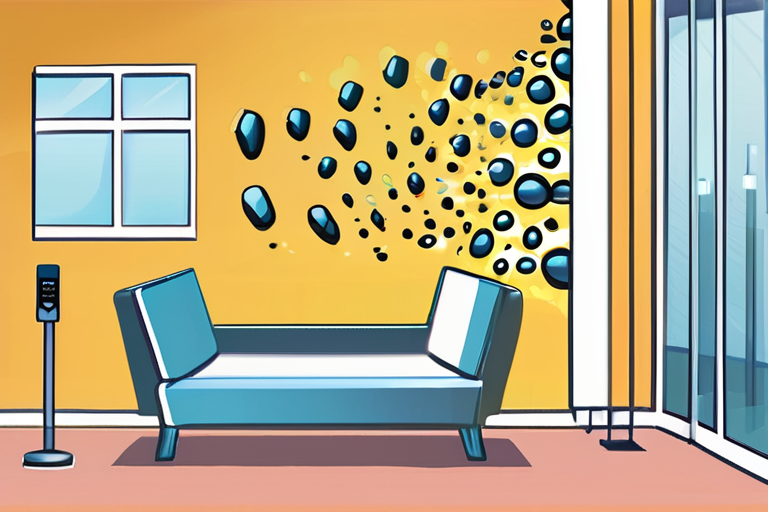
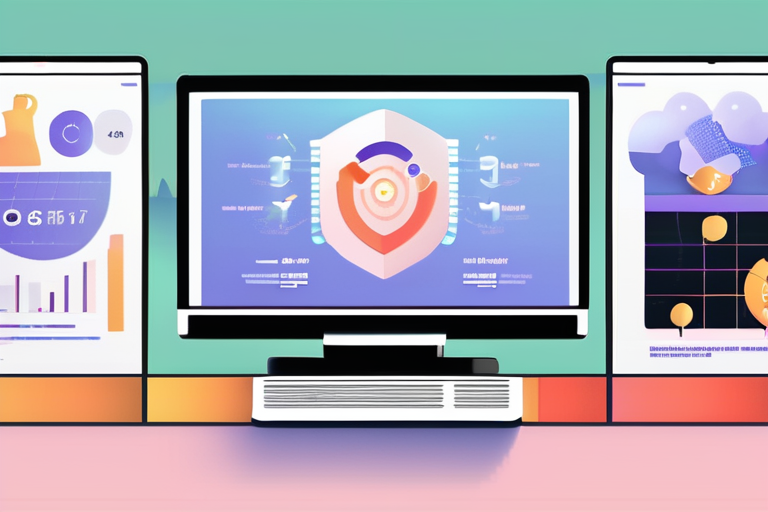
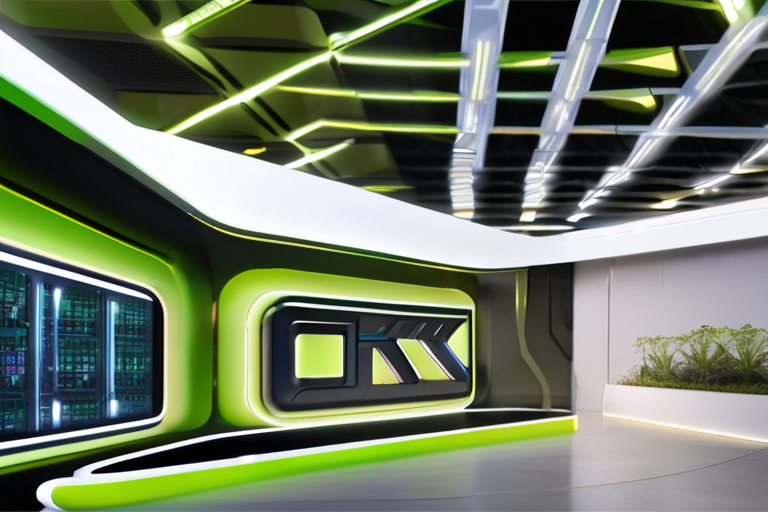
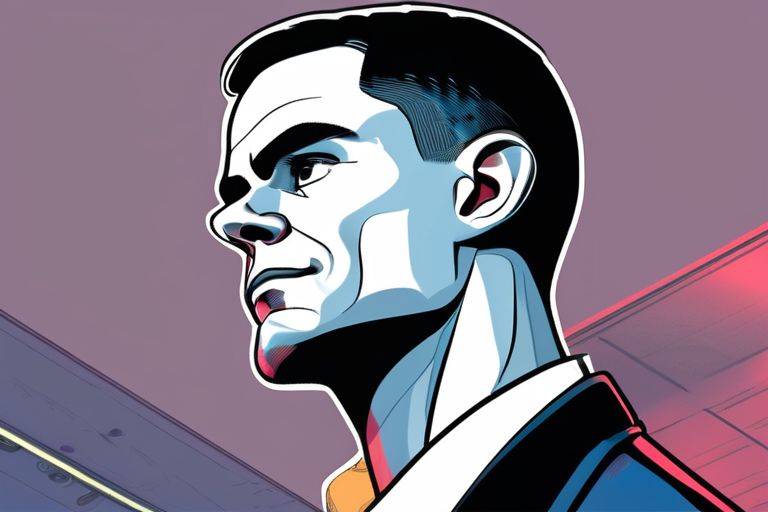
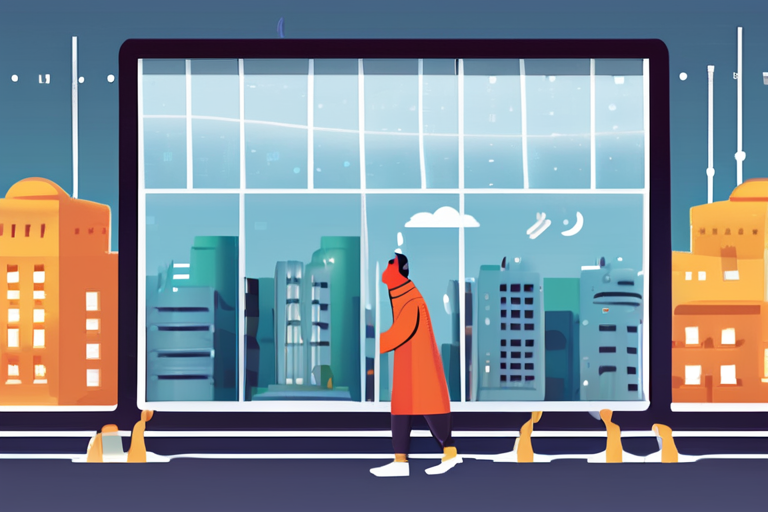


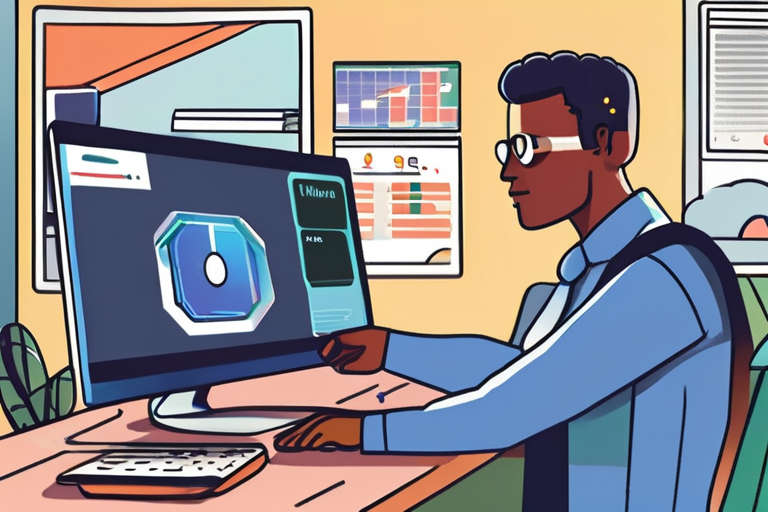
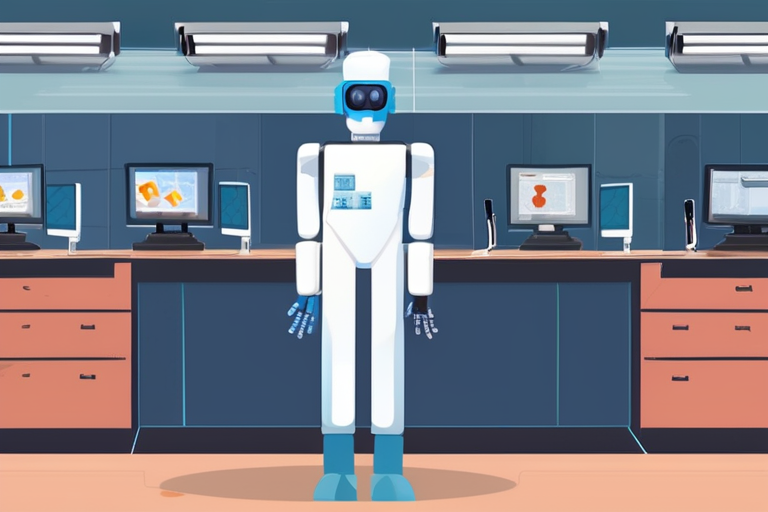
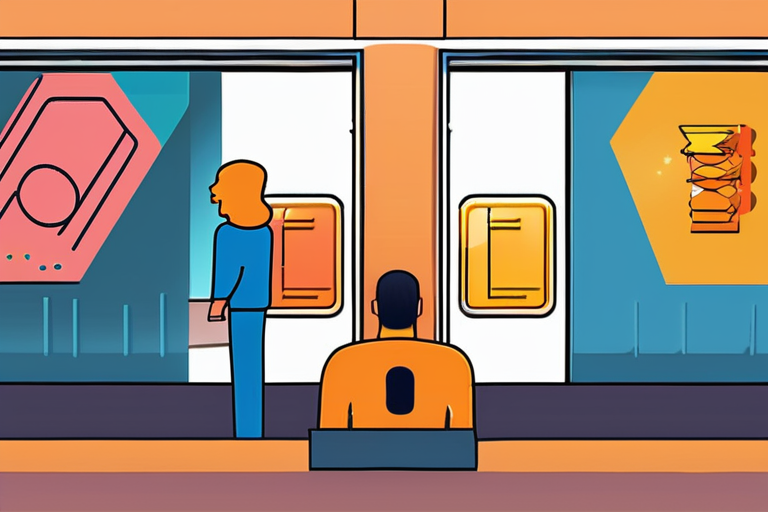

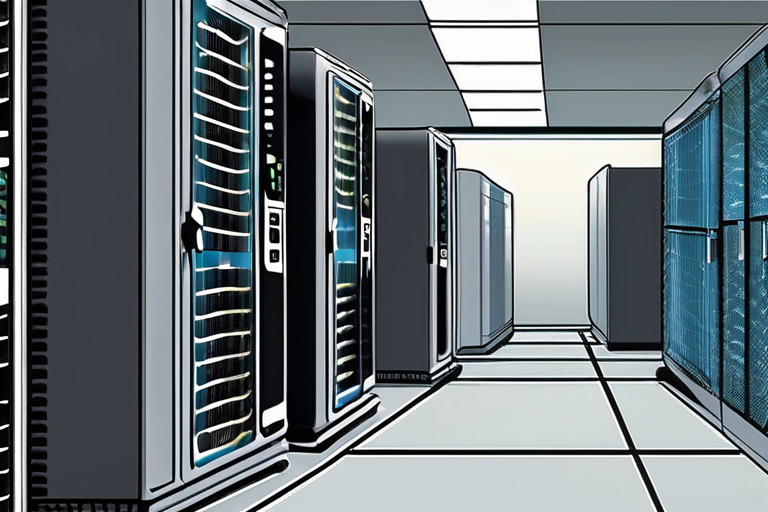
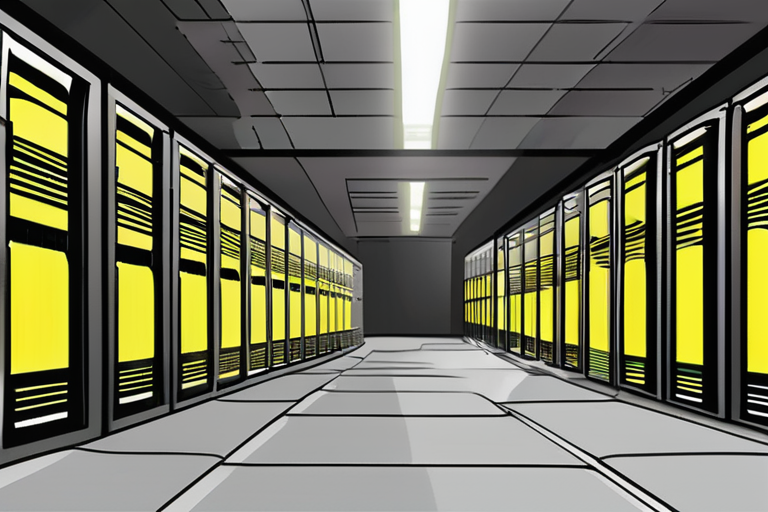
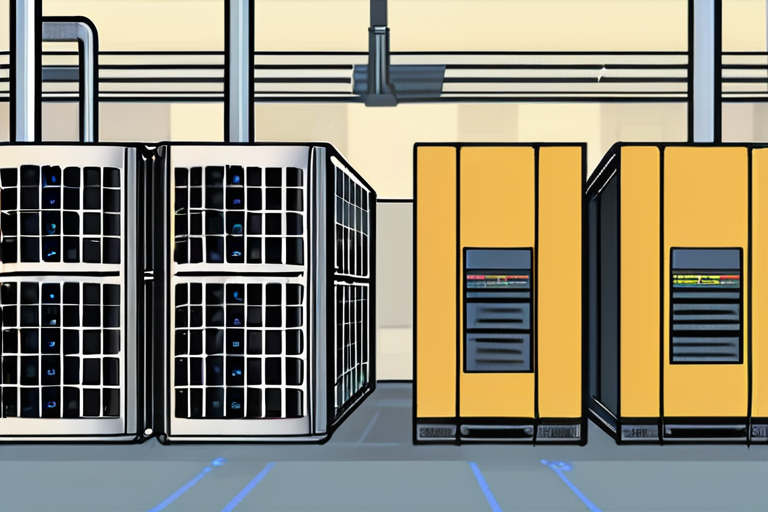

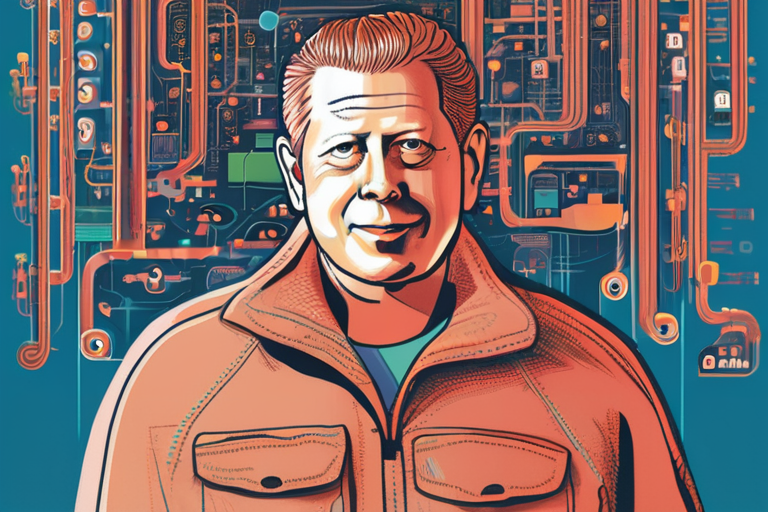
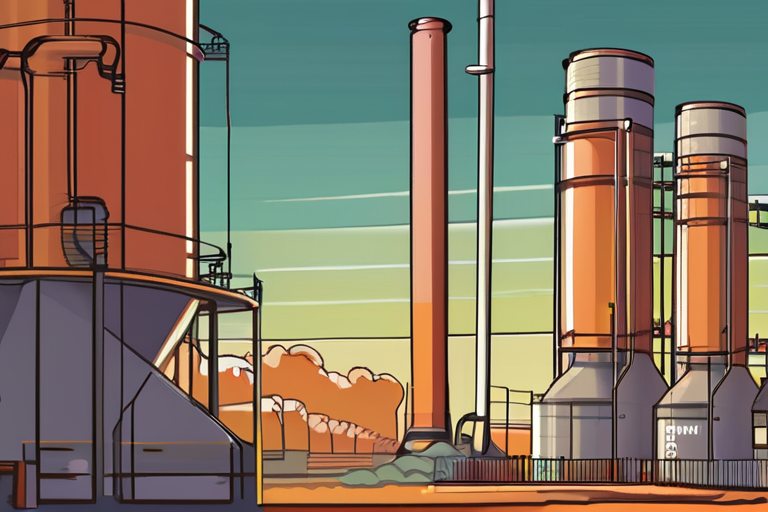

Share & Engage Share
Share this article